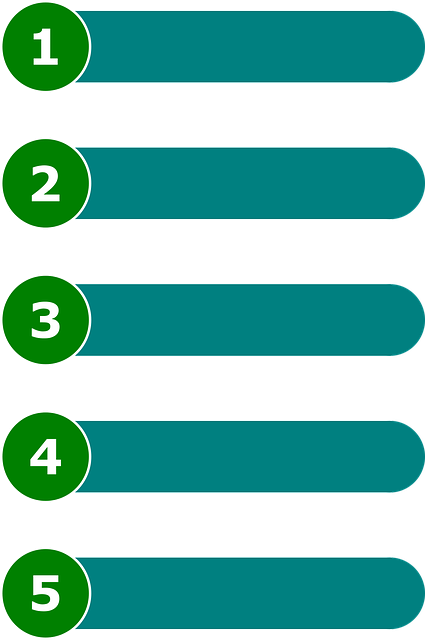In a competitive real estate market, understanding market dynamics is key for success. Factors like location, property type, and local economic trends significantly impact home values, with high-demand areas commanding higher prices. Market analysis helps predict future trends, inform decisions, and attract buyers through effective marketing strategies. This includes a multi-channel approach blending digital (social media, SEO) and traditional methods, as well as strategic pricing based on thorough research to balance buyer attraction and profit maximization.
In the dynamic landscape of real estate, understanding market forces is key to successful pricing strategies. This article guides you through the intricate process of setting prices that attract buyers while maximizing returns. We delve into ‘Understanding Market Dynamics in Real Estate Pricing’ to explore trends and factors influencing costs. Additionally, learn how to craft a powerful ‘Comprehensive Marketing Strategy’ to reach the right audience. Discover best practices for ‘Setting Competitive Prices’ to position your listings optimally in today’s market.
Understanding Market Dynamics in Real Estate Pricing

In the competitive world of real estate, understanding market dynamics is paramount for setting accurate prices and designing effective marketing strategies. Factors such as location, property type, recent sales data, and local economic trends significantly influence home values. For instance, properties in desirable neighborhoods or areas with high demand tend to command higher prices due to increased competition and limited inventory.
Market analysis involves studying these dynamics to predict future trends and make informed decisions. By keeping up with changes in the real estate landscape, agents and developers can set competitive yet profitable pricing, attract buyers, and ultimately drive successful transactions. This strategic approach ensures that marketing efforts are aligned with market realities, maximizing both customer satisfaction and business outcomes.
Crafting a Comprehensive Marketing Strategy for Maximum Impact

Crafting an effective marketing strategy in the competitive real estate market is paramount for setting prices and attracting buyers or tenants. It begins with understanding your target audience—whether first-time homebuyers, young professionals, or retirees—and their unique needs, preferences, and pain points. This involves extensive market research to identify trends, analyze competitor activities, and assess local demographics. By gaining insights into these factors, real estate professionals can tailor their messaging and choose the right channels to reach their ideal customers.
A comprehensive marketing strategy should then incorporate a multi-faceted approach. This includes leveraging digital platforms like social media, search engine optimization (SEO), and online listings to boost visibility. Traditional methods such as print ads, open houses, and networking events also hold value in building relationships and fostering trust. By combining these tactics, real estate agents can create a powerful narrative around their properties, setting them apart from the competition. Effective storytelling, coupled with strategic pricing based on market insights, ensures that marketing efforts resonate with potential clients, ultimately driving sales or rental agreements.
Setting Competitive Prices: Strategies and Best Practices

Setting competitive prices in real estate is a delicate balance between attracting buyers and maximizing profits. One effective strategy is to conduct thorough market research, analyzing recent sales data, neighborhood trends, and similar properties listed within the area. This provides a clear understanding of what your target audience perceives as fair value.
Best practices include pricing your property agnostically, considering both the current market conditions and potential future fluctuations. Overpricing can deter interested buyers while underpricing may leave room for negotiation with eager purchasers. Additionally, offering flexibility on closing dates and terms can provide an edge in a competitive market, appealing to buyers who are ready to secure their dream home promptly.






